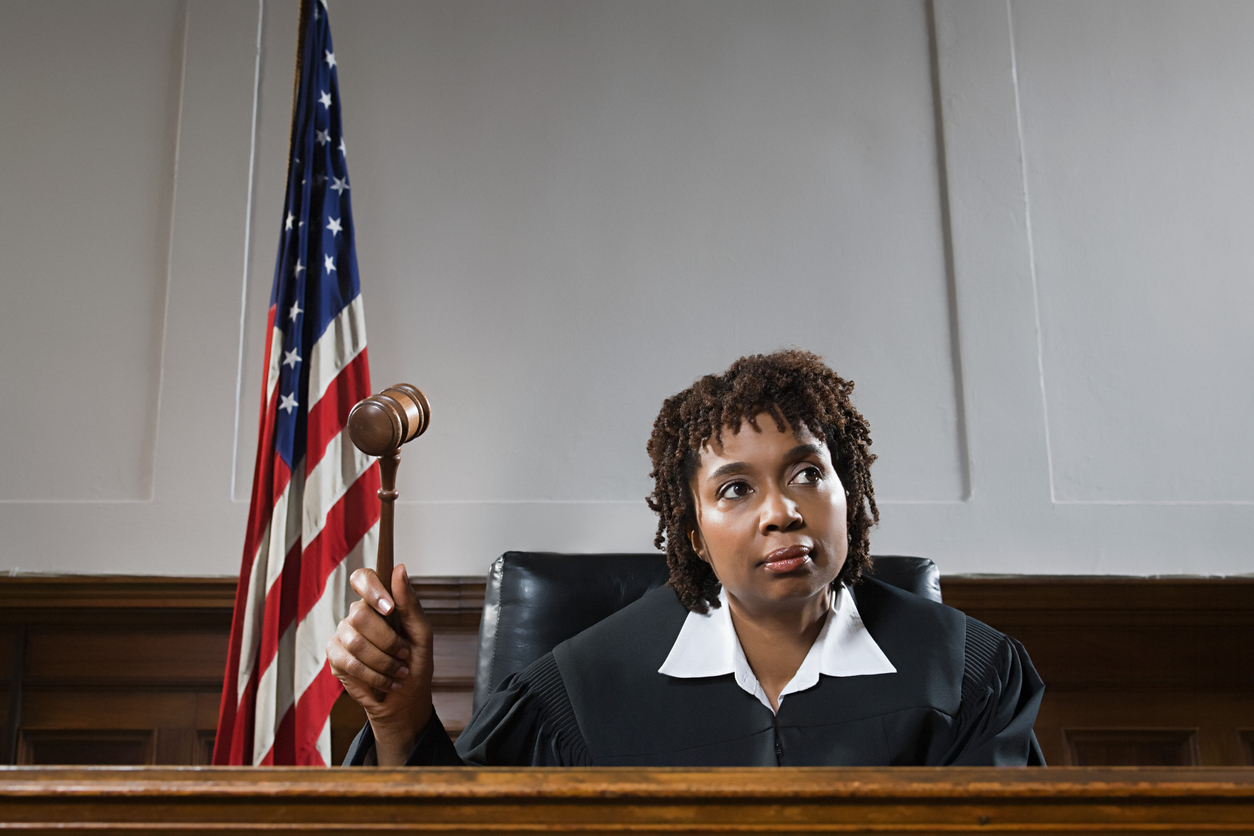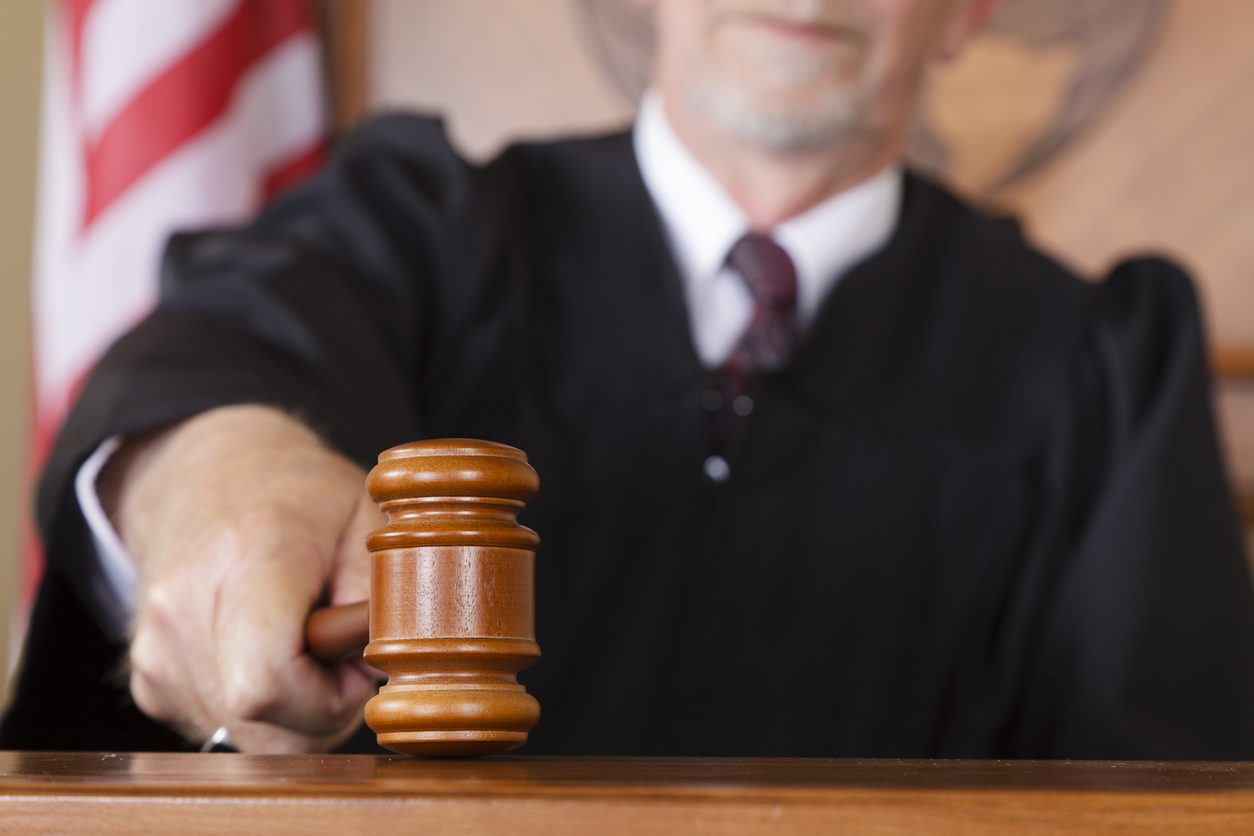In my line of work, whether or not an insurer acted in bad faith is an important topic. Policyholder attorneys must look at how an insurer conducted its investigation to ensure their client was treated fairly by the carrier. Whenever a client asks me whether something an insurer did constitutes bad faith, I rarely give a simple yes or no answer. These questions require an in-depth look into the facts and related case law to develop an informed opinion. But even where you think the facts prove an insurer committed bad faith, a court normally has the final say, and you may disagree with it.
In Travelers Personal Security Insurance Company v. McClelland,1 the First Court of Appeals of Texas reviewed a trial court’s order granting, in part, a judgment in favor of the insurer on the bad faith issue notwithstanding the jury’s finding that Travelers had acted in bad faith.
In the summer of 2000, the McClellands noticed foundation issues to their home. Their policy excluded foundation damage due to “natural causes,” but an exception to this exclusion covered damage from foundation movement due to plumbing leaks. After the McClellands submitted a claim with Travelers, a leak detection test found plumbing leaks under the foundation. Travelers hired an engineer who concluded the damage to the house was not due to the plumbing leaks and Travelers denied the claim based on his report. The insured’s engineer found that the plumbing leaks were the cause of foundation movement and the resulting damage. During litigation, the McClellands learned that Traveler’s engineer worked almost exclusively for insurance companies, knew that plumbing leaks were covered under the insurance policy, and found no connection between plumbing leaks and foundation problems eighty-five percent to ninety percent of the time. The appellate court noted this evidence allowed for the logical inference that Travelers hired this particular engineering firm because it consistently found no connection between leaks and foundation damage.
Relying heavily on the Texas Supreme Court opinion in State Farm Lloyds v. Nicolau2 (a case I blogged about in the past), the appellate court emphasized that in Nicolau the Texas Supreme Court stated that “[s]tanding alone, this [type of] evidence would not always be evidence of bad faith. All experts presumably have certain general views and expertise, and an insurer’s mere awareness of such views is not necessarily an indication of bad faith.” The First Court of Appeals used this language to reason that “the supreme court seems to require that, in order to show bad faith, the evidence must show behavior more egregious than merely hiring a firm whose reports generally feature an outcome favored by its recipient.”
Noting that “the instant case presents us with a close call,” the First Court of Appeals found that they “cannot say that the evidence shows bad faith.” To support its conclusion, the appellate court noted both expert’s investigations were essentially the same, the insureds testified they did not believe Travelers had set out to deny their claim and that the dispute was based on an honest disagreement between two engineers, and the insured’s own engineer testified that natural causes had combined with the plumbing leaks to cause damage to the house—a key fact, according to the appellate court.
In conclusion, the appellate court found that the insured’s engineer’s testimony allowed for the “inference that the cause of damage was not immediately reasonably clear, and that the McClelland’s can marshal no more evidence than Travelers’ proclivity to hire an expert of its own preference, the evidence will only bear the conclusion that this was a ‘simple disagreement among experts about whether the cause of the loss is one covered by the policy, and will not support a judgment for bad faith.”
1 Travelers Personal Security Ins. Co. v. McClelland, 189 S.W. 3d 846 (Tex. App. – Houston 2006).
2 State Farm Lloyds v. Nicolau, 951 S.W.2d 444 (Tex. 1997).



